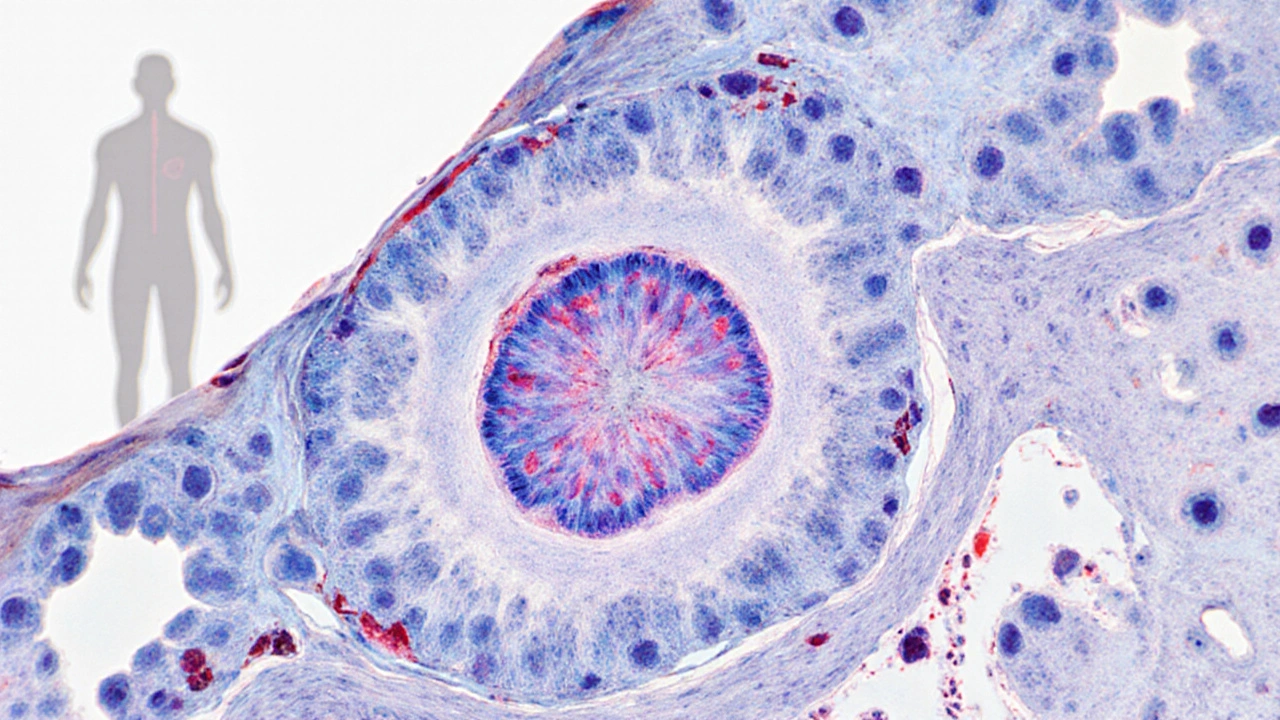Hodgkin lymphoma prognosis: What to expect and how treatment changes outcomes
When someone hears Hodgkin lymphoma, a type of cancer that starts in white blood cells called lymphocytes and often spreads through the lymphatic system. It's not the same as non-Hodgkin lymphoma, and its prognosis is generally better, especially when caught early. Many people with Hodgkin lymphoma go into long-term remission—even full recovery—thanks to advances in chemotherapy, radiation, and newer immunotherapies.
What affects your prognosis, the likely course and outcome of the disease? It’s not just one thing. Stage of disease, how far the cancer has spread matters a lot. Early-stage Hodgkin lymphoma (Stage I or II) often responds well to just a few cycles of chemo and a bit of radiation. Even advanced cases (Stage III or IV) have high cure rates today, especially in younger patients. Age plays a role too—people under 45 usually have better outcomes than those over 60. Your overall health, whether you have B symptoms (fever, night sweats, weight loss), and how fast the cancer responds to initial treatment all shape your outlook. Blood test results like albumin and hemoglobin levels also give doctors clues about how your body is handling the disease.
Doctors use tools like the International Prognostic Score, a system that combines seven factors to predict survival chances to guide treatment decisions. But numbers don’t tell the whole story. Many people live full lives after treatment, even if they need more than one round of therapy. Relapses can happen, but even then, options like stem cell transplants or drugs like brentuximab vedotin and pembrolizumab have improved survival for those who don’t respond to first-line treatment.
What you’ll find in the posts below isn’t a single answer to "What’s my prognosis?"—because that’s personal. But you’ll see real, practical info on how treatment works, what side effects to watch for, how doctors measure success, and how other patients have navigated this. No fluff. Just clear facts tied to what matters: your health, your options, and your future.

